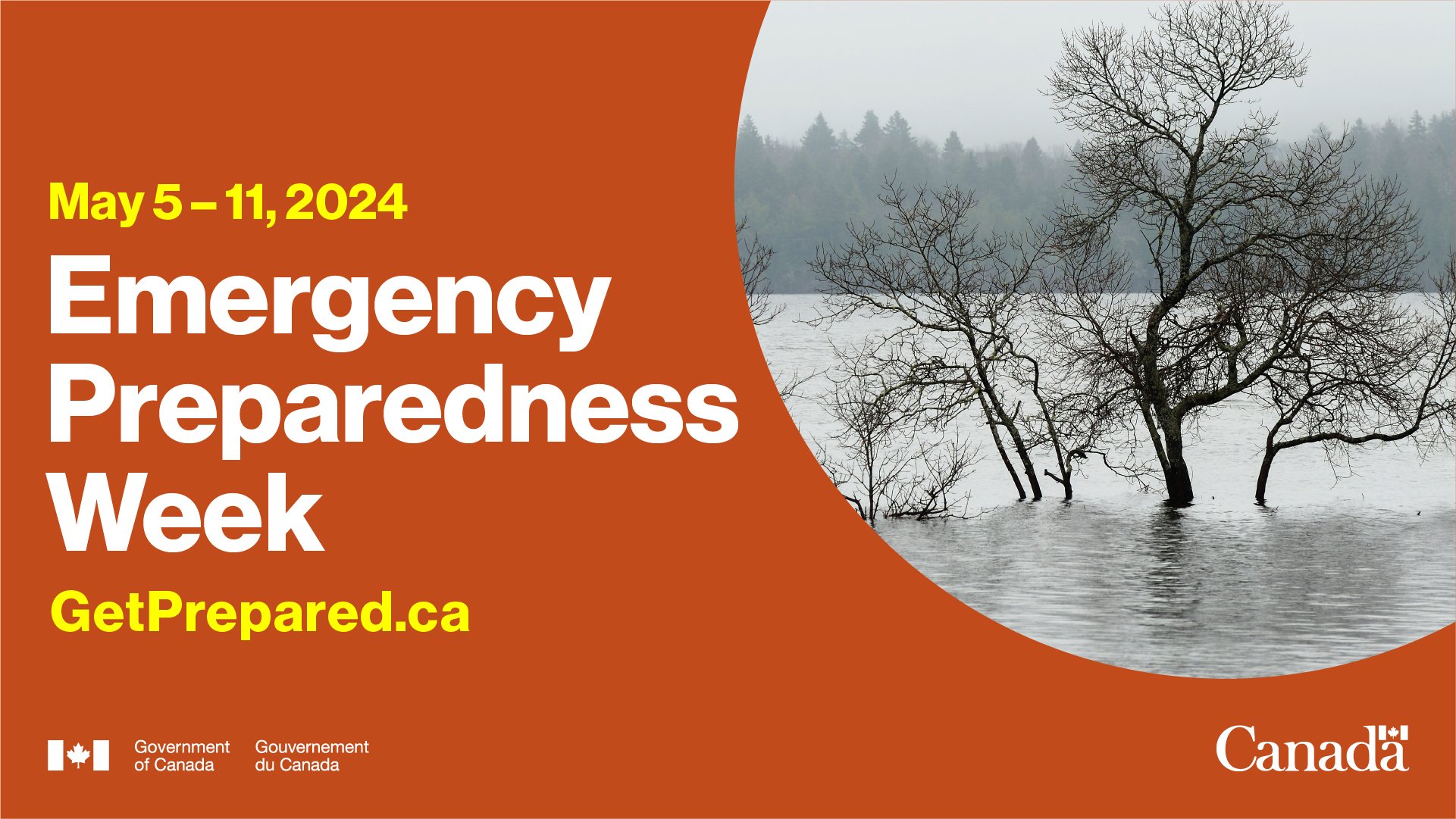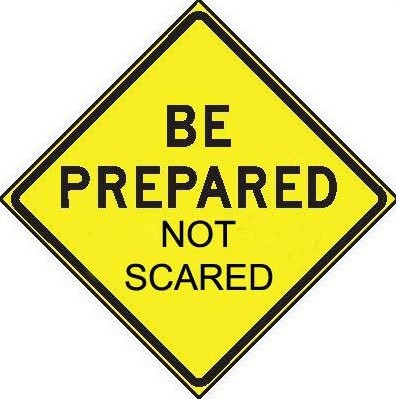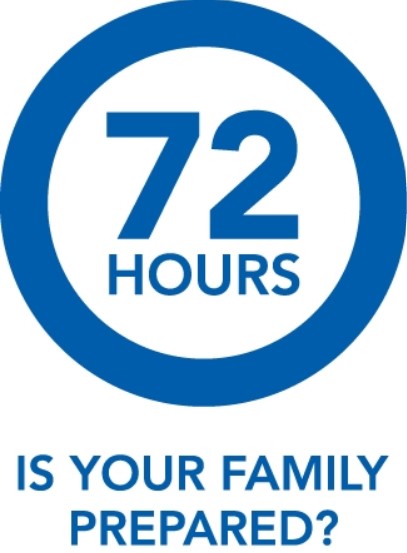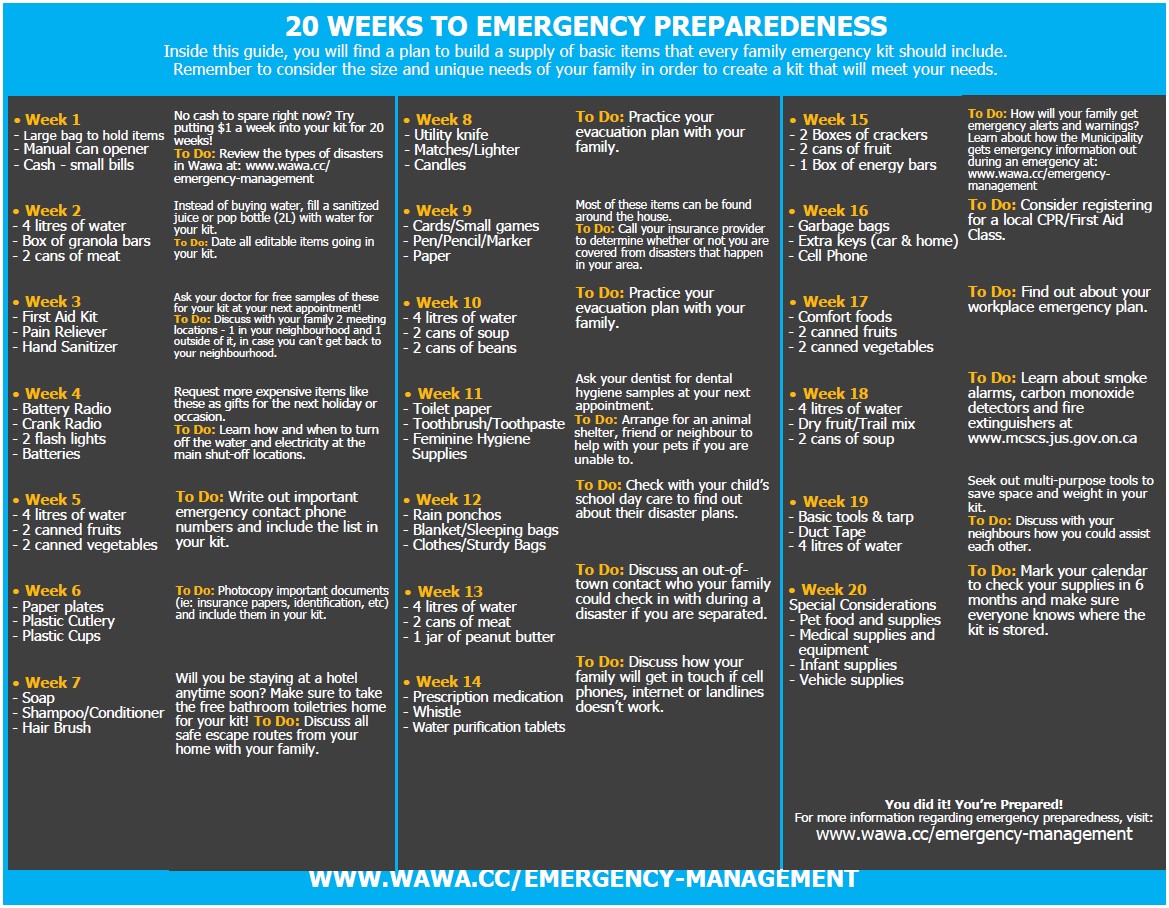Your Government-Emergency Management
Emergency Preparedness Week will take place May 5-11, 2024.
The theme for 2024 is Plan for Every Season!
Note: there is an Alert Ready test planned for May 8 at 12:55 p.m. EDT – please keep this in mind during your planning for the week.

- Know the risks
- Make a plan
- Get an emergency kit
- Test emergency plans through an exercise or talk about what you would do if there were a power outage, flood, or other emergency, or if you had to evacuate.
- Build an emergency kit and complete a family emergency plan online at getprepared.ca and review it with your family.
Everyone has a role to play in an emergency. Emergency Preparedness Week is an opportunity for you to take action to ensure you are prepared to protect yourself, your family and your community during an emergency. This year, the theme is Emergency Preparedness: Be Ready for Anything. The intent of this theme is to encourage Canadians to take action to become better prepared for the range of emergencies they could face in their region.
Be Prepared….. Not Scared
Emergencies can happen anytime. Are you prepared?
The Municipality of Wawa has an Emergency Plan in place to protect the property, health, safety and welfare of the residents, businesses and visitors.
Disasters or emergencies may seem a distant possibility but can strike any community, including ours, at any time.
You can play an important part in emergency preparedness by having a 72-hour survival kit for your family.
72 Hours – Is your Family Prepared? |
|
Everyone should be prepared to take care of themselves for a minimum of 72 hours. If a disaster happens in our community, it may take emergency workers some time to get to you as they help those in desperate need. You will need some basic supplies and be prepared to get by without power or tap water. Be prepared to be self-sufficient for at least 72 hours. You may have some of the items already, such as canned foods, water and a battery operated or wind-up flashlight. The key is to make sure they are organized and easy to find. Would you be able find your flashlight in the dark? Make sure your Emergency Kit is easy to carry and everyone in the household knows where it is. Keep it in a backpack, duffle bag or suitcase with wheels, in an east-to-reach, accessible place, such as your front-hall closet. If you have many people in your household, your emergency kit could get heavy. It's a good idea to separate some of these supplies in backpacks. This way, your kit will be more portable and each person can personalized his or her own grab-and-go emergency kit. For those persons interested, the Municipality of Wawa has a guide to assist residents to create their own Emergency Plan. Drop by the Municipal Office at 40 Broadway Avenue, Wawa or call at 705-856-2244, Ext. 221, to obtain a copy of the “Emergency Preparedness Guide”. The Guide provides checklists to assist you with building a 72-Hour Emergency Kit. BE PREPARED! MAKE A PLAN AND PREPARE A KIT!
|
Get started now - Be Prepared! |
|
In case of a major event you will need some basic supplies set aside. Making a Home Emergency Kit can be quite easy; it's just a question of taking some time and putting it together. You may have some of these basic emergency kit items already, such as a flashlight, battery-operated radio, food, water and blankets. The key is to make sure they are organized, easy to find and easy to carry (in a suitcase with wheels or in a backpack) in case you need to evacuate your home. Whatever you do, don't wait for a disaster to happen.
|
Learn about the potential risks and hazards in your community and make sure everyone in your family knows what to do before, during and after should an emergency disaster strike.
For more information on the Emergency Plan, contact the Community Emergency Management Coordinator.














